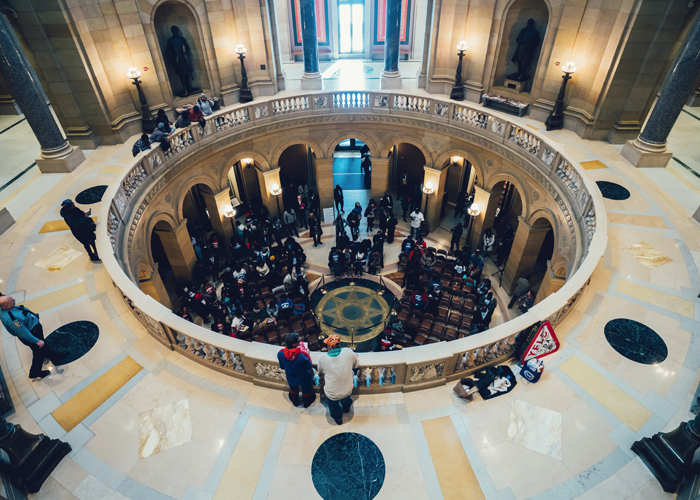Resource Directory

VOICES vast and growing collection of evidence-informed resources, knowledge to practice trainings, best practices, VOICES Resource Kits, Tip Sheets, publications, research, and a comprehensive and expanding victims support resources directory.
Accessible to scholars, mental health, and victim support service providers, including corporations, government agencies, organizations, nonprofits, and individuals. Through consultation services and a network of national and international partners, VOICES lends expertise and lessons learned to individuals, communities, organizations, and professionals to promote resilience, preparedness and response, and long-term recovery from traumatic events.
It is normal to experience anxiety, fear, deep sadness, and even nightmares after a traumatic event. If these symptoms do not seem to be getting better after several weeks, it may be time to seek professional help. Only a mental health professional can diagnose conditions like depression, anxiety or PTSD, but it is important for you to be aware of what to watch for, so you know when to seek professional help.
When someone is experiencing a personal crisis they can often feel alone, and without access to the support they need to recover. Often times, a crisis can happen after hours when offices are closed and resources are limited. Helplines were established to provide 24-7, 365 day-a-year crisis counseling and support to individuals experiencing distress related to a natural or human caused disasters.
Following an act of terrorism or mass violence, or any tragedy, local, state and federal agencies mobilize to provide a variety of services that support the individuals who are impacted and the community-at-large. Some organizations respond immediately, while others provide the community with resources and support. Also, tragedies often require the response from federal agencies to provide assistance on an as-needed basis for declared emergencies or major disasters that overwhelm the local community’s capacity to respond.

 Mental Health & Wellness
Mental Health & Wellness Hotlines & Help Lines
Hotlines & Help Lines Organizations & Agencies
Organizations & Agencies